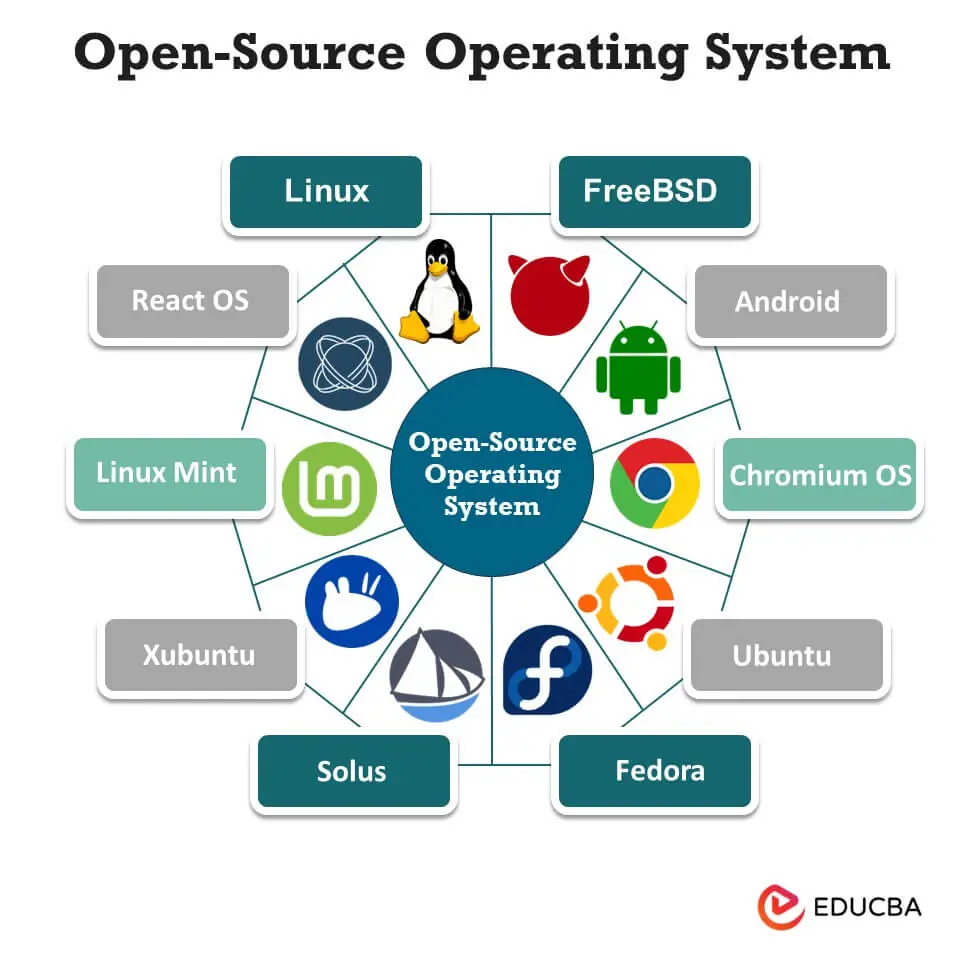Open Source
What is Open Source
Definition:
Open Source refers to software whose source code is freely available, allowing users to view, modify, and distribute it according to specific licenses. Open Source software encourages transparency, collaboration, and community-driven development, enabling individuals and organizations to build upon existing solutions, customize them to meet their needs, and contribute improvements back to the community.
Analogies:
Think of Open Source as a community garden where everyone can plant, nurture, and harvest fruits and vegetables. Similar to how a community garden fosters collaboration and sharing of resources, Open Source software empowers developers to collectively cultivate and enhance software solutions for the benefit of all.
Further Description:
Open Source projects are governed by licenses that define the terms of use, distribution, and modification of the software. These licenses vary in terms of permissions and restrictions, ranging from permissive licenses like MIT and Apache to copyleft licenses like GNU GPL, which require derivative works to be released under the same license.
Key Characteristics of Open Source Software:
- Accessibility: Open Source software is freely available for anyone to download, use, and redistribute, eliminating barriers to access and fostering inclusivity and participation.
- Transparency: The source code of Open Source software is open and accessible, allowing users to inspect, understand, and verify how the software works, enhancing trust and accountability.
- Community Collaboration: Open Source projects thrive on community contributions, feedback, and collaboration, with developers worldwide working together to improve and refine the software.
- Flexibility and Customization: Users have the freedom to modify and adapt Open Source software to suit their specific requirements, enabling customization and innovation without vendor lock-in.
- Stability and Reliability: Open Source software benefits from peer review, testing, and feedback from a diverse community of developers, resulting in robust, stable, and reliable solutions.
Benefits of Open Source:
- Cost-Effectiveness: Open Source software eliminates licensing fees and reduces the total cost of ownership, making it an affordable option for individuals, businesses, and organizations of all sizes.
- Innovation and Collaboration: Open Source fosters a culture of innovation and collaboration, enabling developers to leverage existing solutions, build upon them, and contribute enhancements and new features back to the community.
- Flexibility and Control: With Open Source software, users have greater control over their technology stack, allowing them to customize, extend, and integrate software components to meet their unique needs and preferences.
- Security and Trust: The transparent nature of Open Source software enhances security and trust, as users can audit the code, identify vulnerabilities, and implement fixes promptly, reducing the risk of security breaches and malicious attacks.
Challenges of Open Source:
- Governance and Maintenance: Open Source projects require effective governance and maintenance to ensure continuity, stability, and support for users and contributors.
- Community Dynamics: Managing diverse community dynamics, conflicts, and divergent interests can be challenging in Open Source projects, requiring strong leadership, communication, and conflict resolution skills.
- Sustainability: Many Open Source projects rely on volunteer contributions, donations, or sponsorship for sustainability, posing challenges in terms of funding, resourcing, and long-term viability.
Key Takeaways:
- Open Source software empowers collaboration, transparency, and innovation, offering accessibility, flexibility, and control to users and developers.
- Key characteristics of Open Source software include accessibility, transparency, community collaboration, flexibility, and reliability.
- Benefits of Open Source include cost-effectiveness, innovation, flexibility, and enhanced security, although challenges related to governance, community dynamics, and sustainability must be addressed for long-term success.





